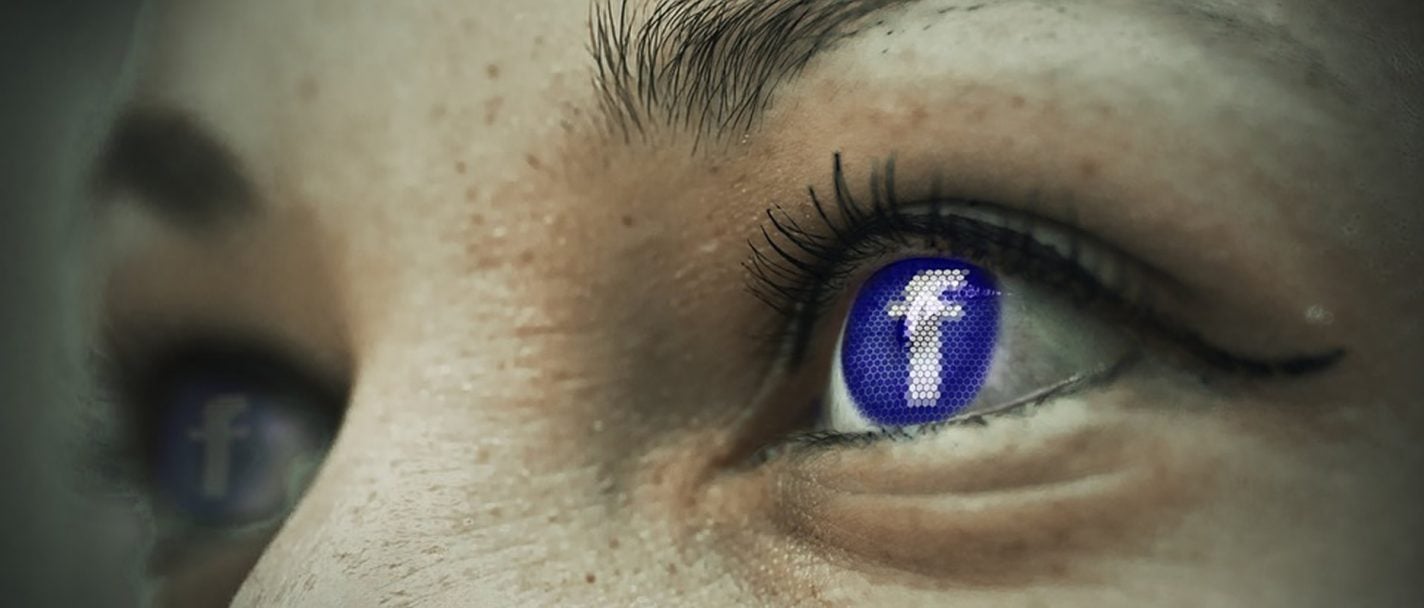Summary: Stress can have an impact on how we utilize social media sites like Facebook. Those who use the social network to facilitate social support during times of stress are more susceptible to developing Facebook addiction disorder.
Source: RUB
Friends on social media such as Facebook can be a great source of comfort during periods of stress. However, if they don’t receive any support offline, stressed users are at risk of developing a pathological dependence on the social networking site – the so-called Facebook addiction. This is the result of a study conducted by a team of the Mental Health Research and Treatment Center at Ruhr-Universität Bochum (RUB), headed by Dr. Julia Brailovskaia. The group has published its findings in the journal “Psychiatric Research” on 13 May 2019.
Students under stress
For their study, the researchers evaluated the results from an online survey that had been taken by 309 Facebook users between the ages of 18 and 56. “We have specifically invited students to participate in the survey, as they often experience a high level of stress for a number of reasons,” explains Julia Brailovskaia. Students are often put under pressure to succeed. Moreover, many leave their family home and the social network there; they have to run a household for the first time, are busy building new relationships.
The researchers’ questions helped deduce the stress level, as well as how much social support the participants received offline and online. Moreover, the users were asked how much time they spend on Facebook daily and how they feel if they can’t be online.
The higher the stress level, the deeper the engagement with Facebook
“Our findings have shown that there is a positive relationship between the severity of daily stress, the intensity of Facebook engagement, and the tendency to develop a pathological addiction to the social networking site,” concludes Julia Brailovskaia. At the same time, this effect is reduced if users receive support from family and friends in real life. Individuals who don’t experience much support offline are most at risk of developing a Facebook addition.

A vicious circle
Addiction symptoms include, for example, users spend more and more time on Facebook, are preoccupied with Facebook all the time and feel uneasy when they can’t engage with the network online. The pathological behaviour, in turn, affects their life offline and may trap them in a vicious circle. “This aspect has to be taken into consideration when treating a person with a pathological addition – or suspected pathological addition – to Facebook,” says the psychologist.
Source:
RUB
Media Contacts:
Julia Brailovskaia – RUB
Image Source:
The image is in the public domain.
Original Research: Closed access
“The relationship between daily stress, social support and Facebook addiction disorder”. Julia Brailovskaia, Elke Rohmann, Hans-Werner Bierhoff, Holger Schillack, Jürgen Margraf.
Psychiatry Research. doi:10.1016/j.psychres.2019.05.014
Abstract
The relationship between daily stress, social support and Facebook addiction disorder
The present study investigated the links between daily stress, social support, Facebook use, and Facebook Addiction Disorder (FAD). Two varieties of social support were considered, according to the communication channel: offline and online. In a sample of 309 Facebook users (age: M(SD) = 23.76(4.06), range: 18–56), daily stress was positively related to the intensity of Facebook use and to tendencies towards Facebook addiction. The link between daily stress and intensity of Facebook use was negatively moderated by perceived offline social support, indicating that individuals who received low levels of support offline were particularly likely to increase their Facebook use at higher levels of daily stress. Perceived online social support partly mediated the positive relationship between Facebook use intensity and tendencies towards FAD. It is remarkable that Facebook use intensity is systematically related to both positive (i.e., receiving online social support) and negative (i.e., building up FAD) consequences. Thereby, individuals who receive high levels of social support online tend to be at risk for tendencies towards FAD. Thus, while offline social support might protect mental health, online support might influence it negatively. This should be considered when assessing individuals at risk for obsessive Facebook use and when planning interventions to deal with FAD.






